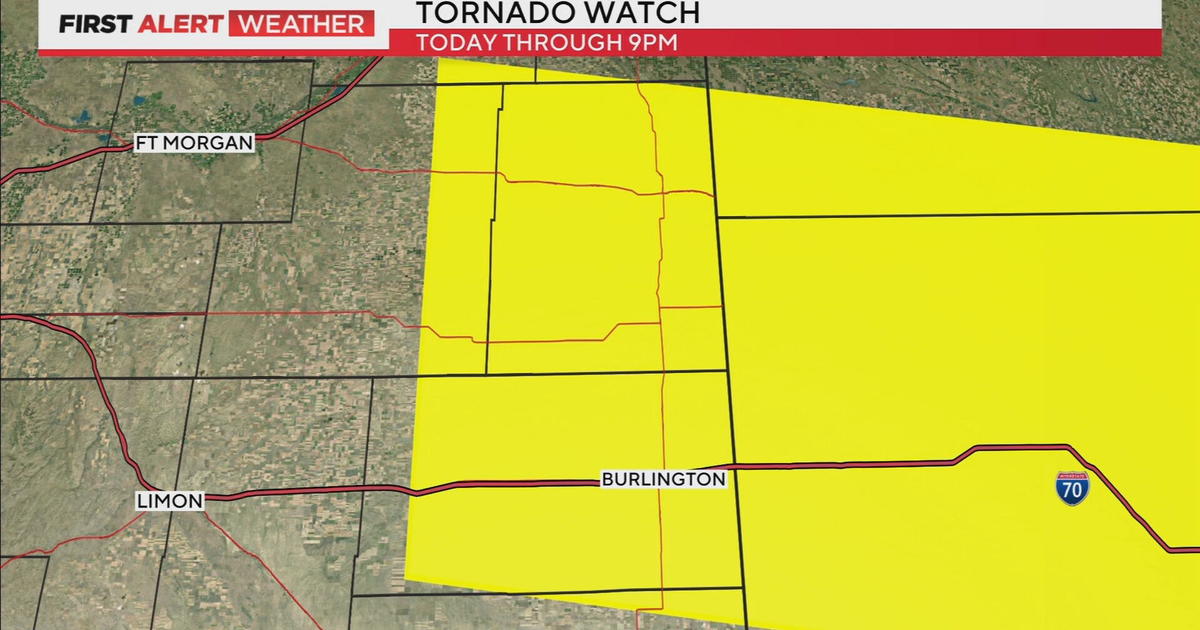Experts Disagree On Plants' Role In Air Purification
DENVER, Colo. (CBS4) – Recent studies have shown that common indoor plants can help purify the air indoors by absorbing household toxins.
Indoor air pollution is a health concern in many homes and businesses. Associated health problems from indoor air contaminants range from headaches and asthma to respiratory diseases and cancer. Respiratory specialist Mike Van Dyke from National Jewish Hospital in Denver explained that people spend over 90 percent of their time indoors.
"In homes there are a lot of potential indoor air quality problems. Things like mold and allergens. Things like chemicals from cleaners and air fresheners. And even things like pet dander," Van Dyke told CBS4.
Scientists have begun examining plants as a method of reducing pollution indoors. Building on plant experiments completed by NASA, experts believe that plants can play a key role in purifying the air we breathe.
"Just like humans, plants actually breathe. They have pores on the bottom side of their leaves called stomata. And that's where they take air out of the environment and then purify it and release it through the upper sides of the leaves," said Nick Snakenberg, a horticulturalist at the Denver Botanic Gardens.
Not only can plants absorb carbon dioxide and replace it with oxygen, but plant soil is also known to absorb gaseous toxins called Volatile Organic Compounds, or "VOCs."
Researchers see an opportunity for indoor plants. A 2009 study at the University of Georgia found that certain plants are more effective than others in purifying air. Some of these "super plants" include the English ivy, asparagus fern, purple heart plant, and purple waffle plant.
There is some debate about the effectiveness of plants in purifying the air indoors. Jean-Pierre Sijmons is a horticulturalist and owner of City Plantscaping in Parker. He believes that plants play a key role in purifying the air we breathe.
"There are still a lot of studies going on at the moment. A study going on by NASA recommends the 15 plants in a 6-8inch plant in a nursery pot."
Some experts believe you would need an unreasonably large amount of plants to purify the air in a home or office. Van Dyke recommends that homeowners use additional methods to purify the air in their homes because plants are not effective enough.
"I don't think plants are very effective in purifying the air at all, to be honest," Van Dyke said. "But it just doesn't scale up, you can't get enough plants in a house to really effectively remove contaminates from the air."
Lisa McClain Vanderpool, a toxicologist with the Environmental Protection Agency, recommends that people take certain precautions to reduce indoor air pollution such as leaving shoes at the door, vacuuming regularly, ventilating when working with household chemicals and paints, and installing a carbon monoxide detector.
Indoor air pollution is a serious concern for home and business owners. It is uncertain how effective plants are in removing indoor air contaminants. Science has proven that plants make a difference in the air we breathe, but experts recommend that home and business owners take additional steps to purify the air indoors.
- Written by Audra Streetman



